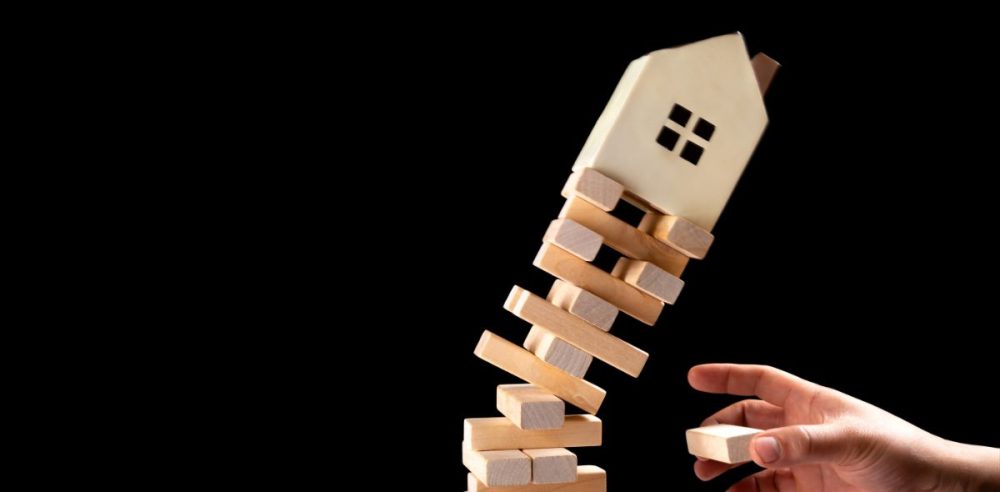DFW’s housing market is in flux, and one of the area’s most prominent housing and economic analysts spoke to The Dallas Express about what this means for the region and your wallet.
In an email interview, Amy Nixon explained that Dallas’ housing market has reached a price point that adversely affects the ability of native-born Texans to buy homes, a situation that could damage the region’s economic competitiveness. She warned that Dallas’ appeal as an affordable city is waning and that some popular economic indicators of the housing market are misleading, among other issues.
The entirety of the exchange is embedded below, with DX’s questions bolded.
Home prices will be this city’s downfall if something doesn’t change soon pic.twitter.com/aMn1KBa5lM
— Amy Nixon (@texasrunnerDFW) March 29, 2025
You mentioned on Twitter, “Home prices will be this city’s downfall if something doesn’t change soon.” What is driving this, and what changes do you think are necessary?
A large influx of high-income international and domestic migration has buoyed Dallas area home prices far beyond what native Texan median area incomes can afford. This has led to a shocking affordability crisis for long-term residents in both their property taxes and homeowner insurance premiums.
Many families are upset to find themselves priced out of upsizing from their starter homes in this region. Others are struggling just to keep up with annual increases in both property taxes and homeowner’s insurance. Some changes that would help the affordability crisis are lower mortgage rates, lower home prices, caps or changes to property tax laws, and stricter immigration policies.
What impact do high housing prices have on the broader DFW economy?
High property values are a double-edged sword. On one hand, a wealth effect from higher home valuations can boost local consumer spending, especially if people take out home equity loans.
On the other hand, too high of property values and taxes might kill Dallas’s relative advantage over other major metro areas. Our climate and natural attractions are inferior to many coastal regions. A lot of what drew people to relocate to the Dallas region in the first place was affordability. If we lose that advantage, what is left to make people want to relocate here?
No, Seriously.
Every silly person who bought an Airbnb in Galveston, TX is trying to dump it pic.twitter.com/u1piiRcyUb
— Amy Nixon (@texasrunnerDFW) March 20, 2025
In another tweet, you highlighted plummeting housing prices in Galveston. What’s happening there, and what do the rising housing prices in Dallas and the falling prices in Galveston indicate about Texas’s economy?
Galveston currently has an oversupply of short-term vacation rental properties. Most of the homes hitting the market are Airbnbs that are unable to reach the occupancy rates needed to make them cash flow enough to make sense as investments.
This is heavily compounded by an extreme coastal insurance crisis. The carrying costs to hold these properties keep skyrocketing while vacation demand is relatively flat.
Dallas isn’t a coastal town or big vacation destination, so we do not have a large percentage of short-term rental properties. Our insurance costs have not gone up as much as coastal areas. As such, we are a bit more insulated from seeing an onslaught of investor-owned single-family homes hitting the market.
Realtor.com reports a drop in the median number of days a house in Dallas is on the market — today, it’s 45 days, compared to 73 days in December. What does this tell us about the housing market?
Honestly, my takeaway from this data is that a lot of people pulled their listings at the end of the year and relisted them as new listings in January. We have plenty of sitting inventory in our market, in addition to a healthy supply of new listings coming on each week.
Looking ahead, what should Texans expect from the housing market in the next 6 to 12 months?
There is a lot of economic uncertainty at the moment due to tariffs, volatility in the stock market, and news of layoffs. Consumer sentiment has been sinking, and people tend to postpone large purchases during times of uncertainty. Times of uncertainty can motivate sellers, however, particularly those in financial distress.
We had a bit of a pickup in sales activity early this Spring, but with mortgage rates remaining stubbornly high, I think this is going to be another slow year for home sales. Homebuilders have quite a pile up of Spec Homes in the pipeline that they’d started in anticipation of lower rates this year. Because of this, inventory will remain solid, demand will stay weak, and prices across the region will likely be flat to slightly down by year end.
I am hopeful we may see lower mortgage rates by Q4 of this year, but I don’t think they will arrive quickly enough to save the market in 2025.


